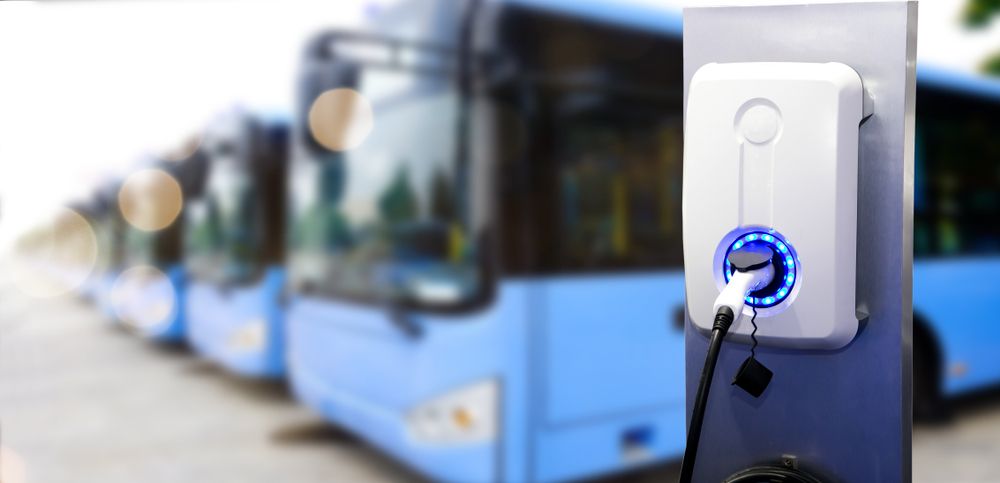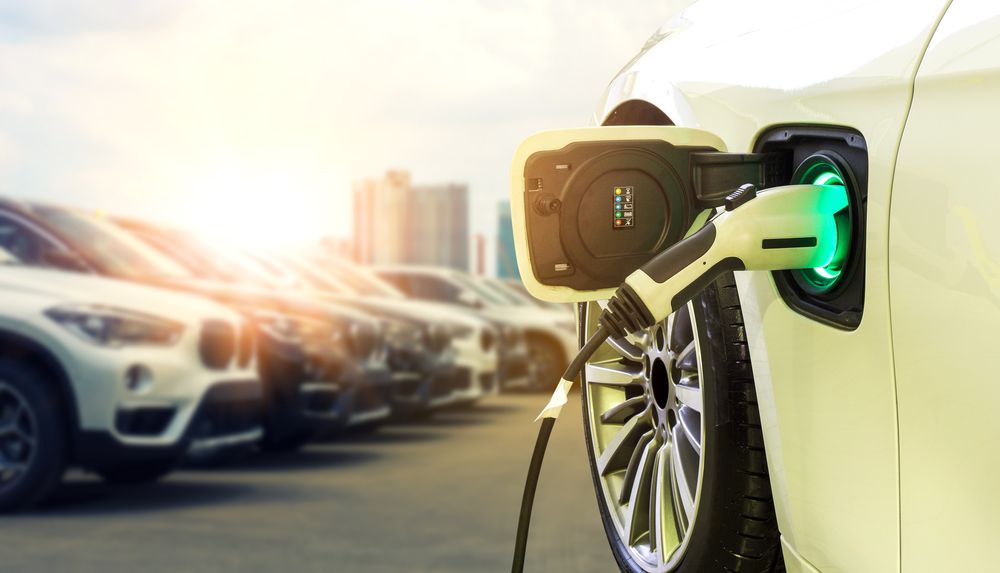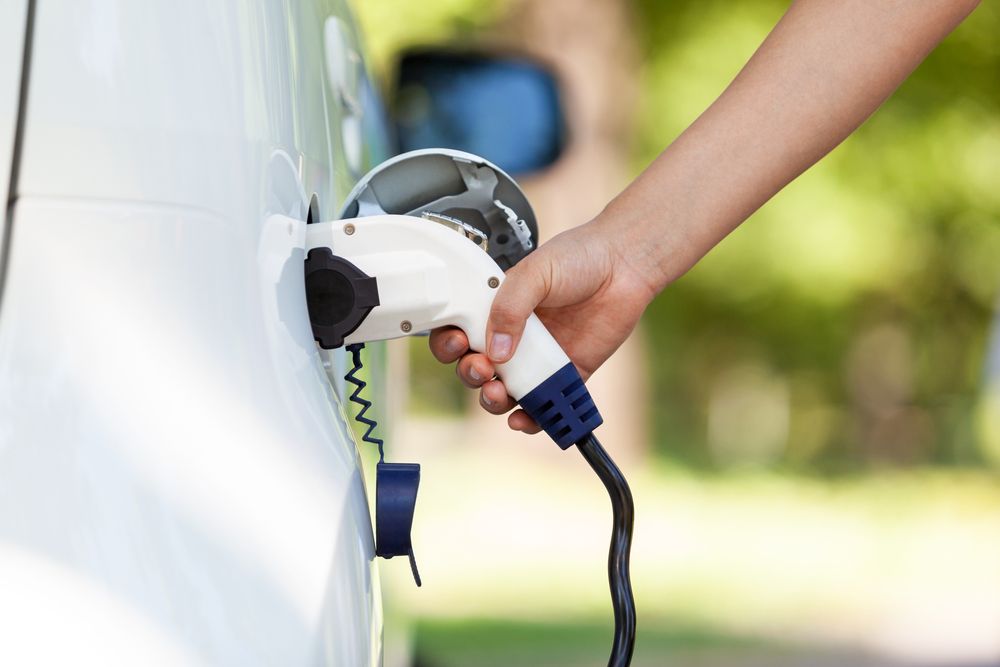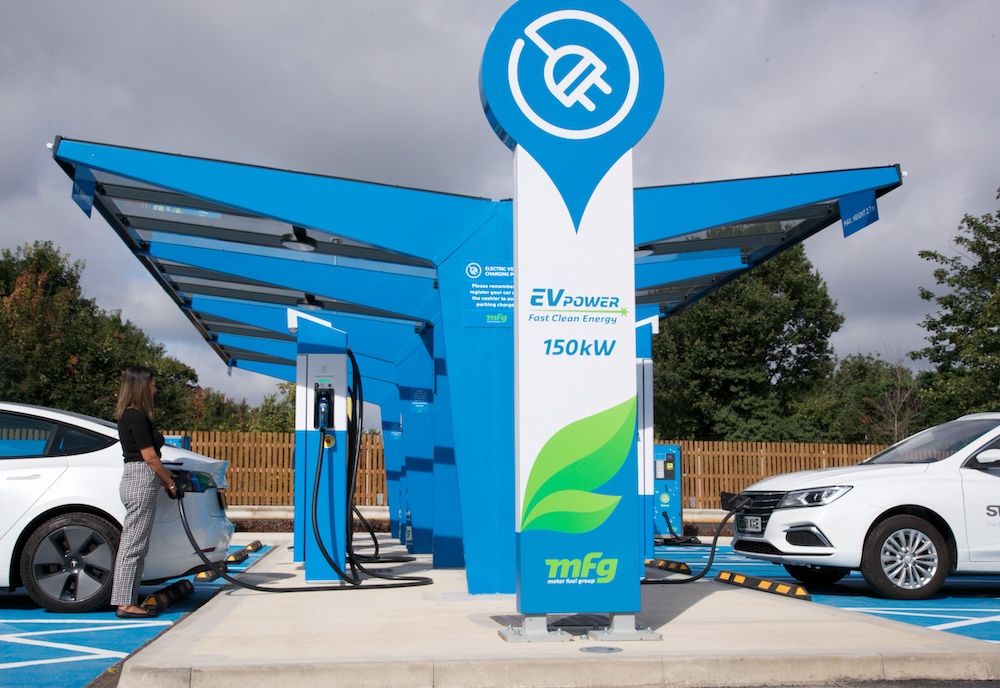Hitachi ABB Power Grids’ pioneering Grid-eMotion Fleet charging infrastructure solution will support the increase of quiet, exhaust-free buses in Västerås, Sweden.
Hitachi ABB Power Grids has announced it has won an order to supply its Grid-eMotion Fleet smart-charging infrastructure solution to Västerås – one of Sweden’s largest cities – enabling it to sustainably expand its electric bus fleet.
The contract was awarded by Holmbergs EL AB who will deliver the project to public transport operator, Svealandstrafiken AB.
Hitachi ABB Power Grids will provide a grid-to-plug, modular, scalable and compact system based on its pioneering Grid-eMotion Fleet technology for charging fleets of electric vehicles. The order includes innovative charging infrastructure connected to the grid and a digital control system to monitor fleet charging.
Niklas Persson, Managing Director of Hitachi ABB Power Grids’ Grid Integration business, said: “Sweden has an ambitious program to remove greenhouse gas emissions from its roads and make the air cleaner and healthier for its citizens.
“We are proud to be delivering our Grid-eMotionTM Fleet – our smart fleet charging infrastructure solution – to help one of the country’s biggest cities achieve its sustainability targets.”
The Grid-eMotionTM Fleet charging solution will provide Svealandstrafiken, with a scalable and flexible solution to expand their electric bus fleet in Västerås for today’s generations and those to come.
Thanks to its modularity the Grid-eMotion Fleet innovative charging solution is relatively easy to transfer to another location for a new bus depot in Västerås in the future.
Svealandstrafiken already runs a fossil-free, carbon-neutral fleet of more than 300 buses, most of which use biogas. The 10-17 new electric articulated buses, which will be running in Västerås in 2022, are the first step in the electrification strategy of Svealandstrafiken and aim to improve further its sustainability – lower noise and vibrations at low speeds, no exhaust emissions and much higher energy efficiency per kilometer.
Electric buses offer the public transport authority, in cooperation with the city, the possibility to open new routes with stops that were previously not considered due to exhaust emissions and noise limits, including for example in house bus near the train station, university or at hospitals.
SVC Light Enhanced
Hitachi ABB Power Grids has also recently announced the launch of SVC Light Enhanced – its next-generation grid stabilisation solution.
SVC Light Enhanced enables the smooth integration of renewable energy, underpinning new and fast-growing uses for emission-free electrification, ranging from powering data centres to sustainable mobility.
The SVC Light Enhanced solution combines two power quality and grid stabilisation technologies in a single compact device. This pioneering technology comprises an SVC Light STATCOM which provides vital reactive power to balance the impact of renewables.
It also incorporates supercapacitors which store hundreds of megawatt-seconds of energy and automatically release it within milliseconds when disturbances occur, thus reducing reliance on conventional power plants.
Niklas Persson, Managing Director of Hitachi ABB Power Grids’ Grid Integration business, said: “SVC Light Enhanced fills a large and growing gap in the market, for which our customers worldwide have been seeking an efficient and reliable solution. It delivers huge amounts of power instantly to keep grids stable and resilient, enabling utilities to increase their uptake of emission-free energy and progress toward carbon neutrality.”
STATCOM technologies, such as SVC Light from Hitachi ABB Power Grids have a 40% lower carbon footprint over their lifecycle compared to traditional solutions.
Earlier this year Hitachi ABB Power Grids delivered the world’s most powerful STATCOMs, enabling more renewable energy to flow through the German transmission system. Other recent innovations include the world’s first hybrid synchronous condenser and STATCOM in the UK.
Image: Shutterstock














